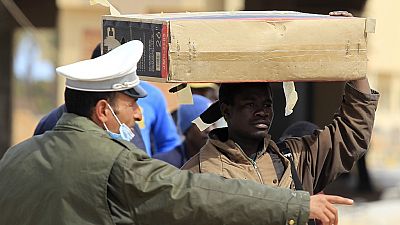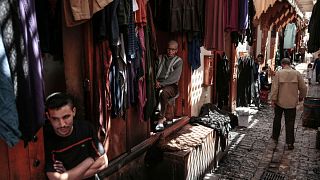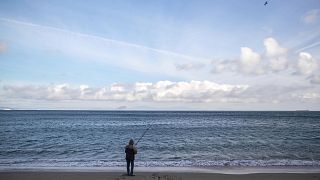Morocco
Africa faces a surge in internal and cross-border migration in the coming years due to increased climate change and its impact on life and livelihood.
According to the United Nations Environment Programme (UNEP) Regional Director for Africa, Juliette Biao Koudenoukpo, environmental factors have an impact on migration flows from rural areas to cities to avoid harsh or deteriorating conditions.
“Such migration can have positive and negative impact on the past local coping capacity and environment and also in areas where migrants originate or in areas for temporary or permanent destination,” she explained on the sidelines of the COP 22 climate conference in Marrakech, Morocco.
“The scale of such migration both internally and cross border is expected to rise as a result of accelerated climate change and unprecedented impact on lives and livelihood,” Juliette Biao Koudenoukpo added.
According to the Comparative Migration Studies published in January 2016, the majority of African migrants continue to move within the continent.
Meanwhile, thousands of Africans embark on perilous journeys to Europe, and according to the International Organization for Migration (IOM), 159,496 migrants had reached Italy by sea this year alone with some 4,220 of them dying in their attempt to reach Europe.
The immigrants cross the Mediterranean via Libya to Italy, which is on the frontline of Europe’s migrant crisis, taking in more than 400,000 refugees over the past three years.
Scale of migration in Africa expected to rise due to accelerated climate change.
— UN Environment (UNEP) November 13, 2016Kjulybiao, Head of our Africa Office, explains at #COP22. pic.twitter.com/IcylHbMdIn














01:00
Giant mural in France critiques Trump's immigration policies
01:34
Eswatini says it will repatriate immigrants deported by United States
01:07
Spain: at least 10 detained in anti-immigration clashes in Murcia region
02:30
Morocco’s oases struggle to survive amid growing desertification
02:03
Muhammadu Buhari's legacy: higlight of his presidential tenure
01:01
Kenya: Visa-free travel now available for many African and Caribbean countries